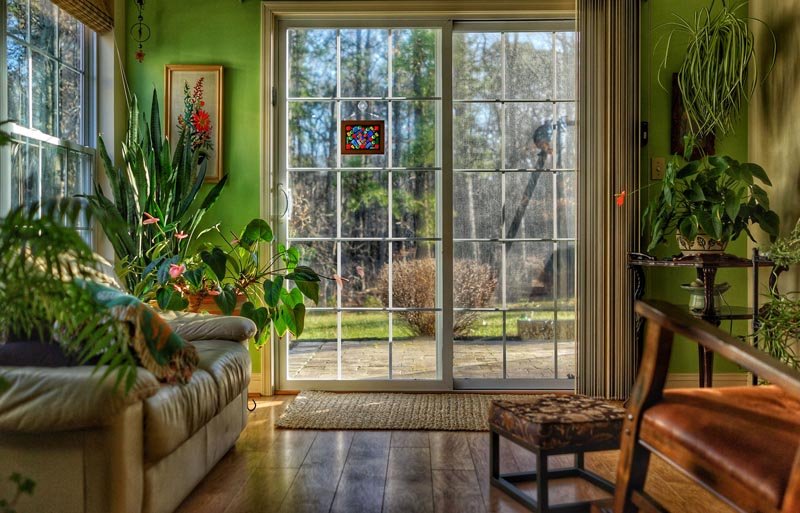Japanese man sets himself on fire in apparent protest
At the former PM’s state burial, Japanese man sets himself on fire in apparent protest.
Near Prime Minister Fumio Kishida’s official house in Tokyo, Japan, police officials and firefighters conduct an investigation at the scene where a man who was protesting a state burial for former Japanese Prime Minister Shinzo Abe set himself on fire.
The man, who was in his 70s, was found unconscious but subsequently informed authorities that he had purposefully soaked himself in oil, according to reports in the media.
According to media reports, a man set himself on fire on Wednesday in front of the Japanese prime minister’s office in what appeared to be a protest against the administration’s choice to host a state burial for the assassinated former premier Shinzo Abe.
The man was rushed to the hospital with full-body burns, and the policeman who attempted to put out the fire was also hurt.
The man, who was in his 70s, was found unconscious but subsequently informed authorities that he had purposefully soaked himself in oil, according to reports in the media. Nearby, a note with the words “I strongly oppose it” regarding Abe’s state funeral was discovered.
The incident, which happened on what would have been Abe’s 68th birthday, was not confirmed by police.
Hirokazu Matsuno, the chief cabinet secretary, said at a news conference, “I have heard that police found a man who had suffered burns near government offices, and I am aware that police are investigating”.
Abe, Japan’s longest-serving prime minister, was shot and killed on July 8 during a political rally after resigning in 2020 due to illness. On September 27, 6,000 guests from Japan and abroad are expected to attend his official funeral.
After Abe’s assassination, connections between the Liberal Democratic Party (LDP), of which he was a prominent member, and the divisive Unification Church were revealed, which increased opposition to the event. According to the murder suspect in Abe’s case, the church bankrupted his mother, and he believed the former prime minister encouraged this.
Links to the Unification Church, which was established in South Korea in the 1950s, have become a major problem for the LDP and the current prime minister, Fumio Kishida, ever since they surfaced after Abe’s murder. The LDP stated earlier this month that a poll revealed that 379 LDP MPs, or nearly half of them, have some sort of relationship with the church.
At the time it was announced, shortly after Abe’s passing, public opinion was only barely in favour of a state funeral, but mood has since radically changed.
Many polls indicate that the majority of Japanese people currently reject the event, which has contributed to Kishida’s support declining. His support was at 29% in a Mainichi Daily poll taken over the weekend, down six points from late August. Analysts say that at this level, it would be challenging for a prime minister to have enough support to carry out his agenda.
According to the Mainichi, support for the LDP dropped 6 points to 23%. Although Kishida has defended his choice numerous times, the vast majority of voters are still unconvinced. They also question the necessity of holding such an expensive ceremony at a time when the average person’s financial situation is getting worse.
Japanese man sets himself on fire in apparent protest
The most recent government cost estimate, which includes security and receptions, is 1.65 billion yen ($12 million).
Two individuals set themselves on fire in separate events in 2014 to protest Abe’s administration’s departure from postwar pacifism in Japan. The men lost one of them.
